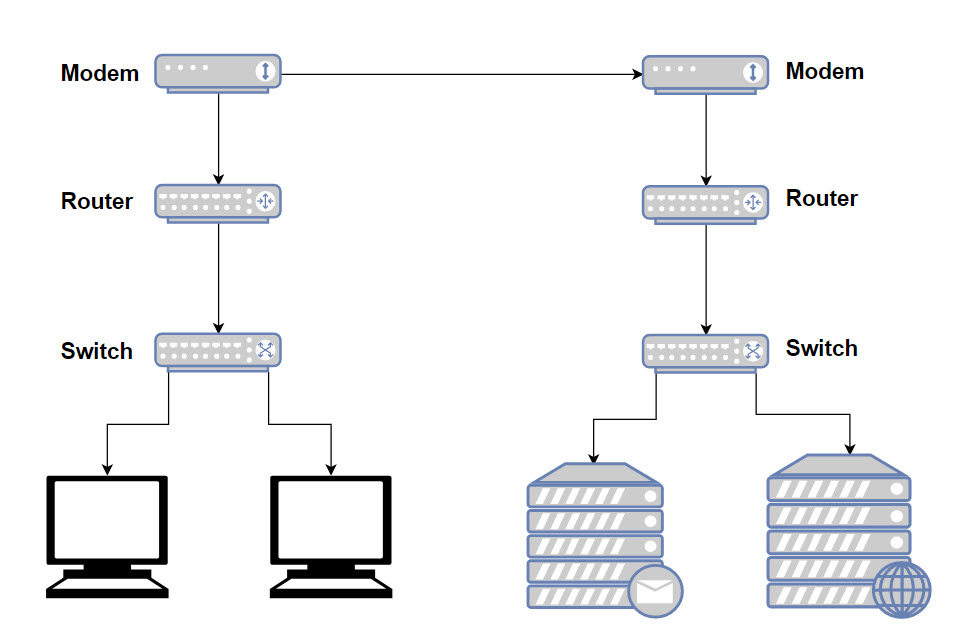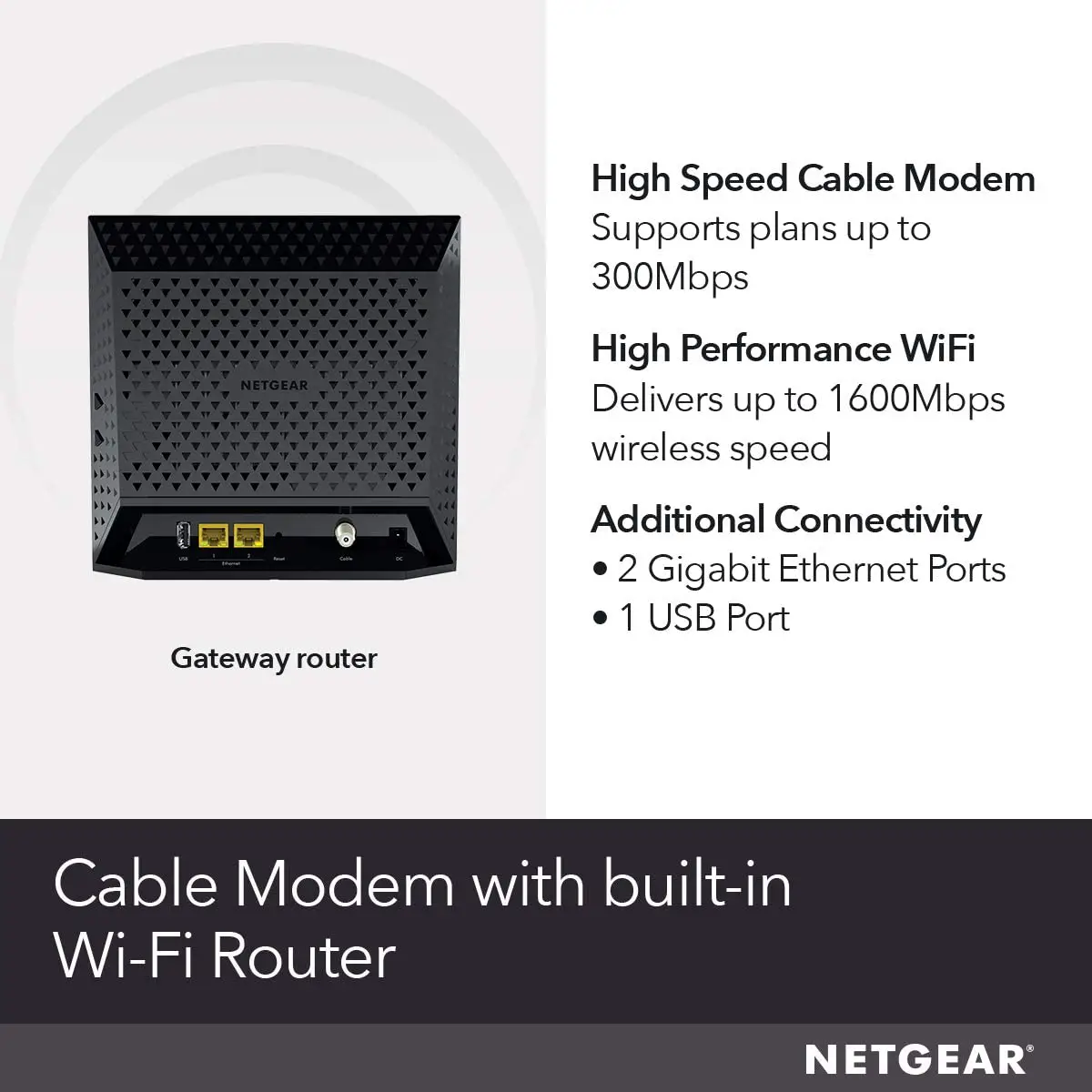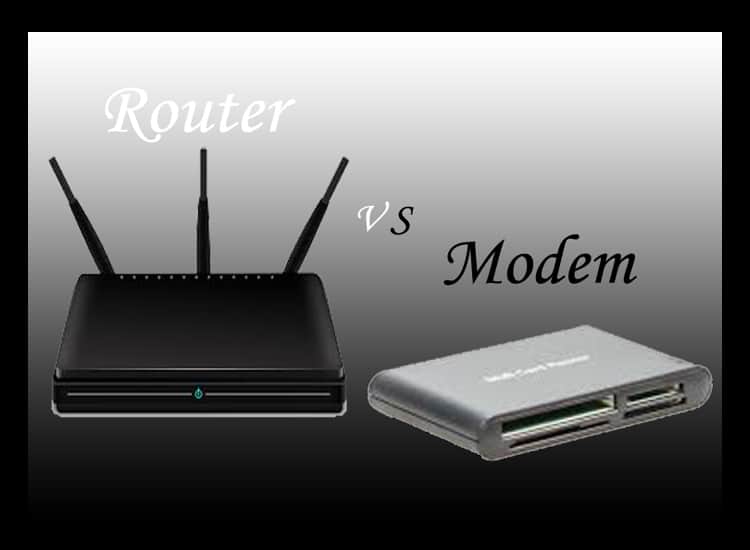

In order for your devices to be able to communicate with the public internet, they need an internet connection. Unfortunately your devices can’t access the internet without a modem. If you want to have access to the internet The answer to this question depends upon how you want to use your router. Is your router any good, or do you need a modem for it to work? Let’s say you buy a router but you don’t own a modem. I’m simplifying things a bit here, but you get the picture. When the requested web page gets returned to your router, it knows where to send it based upon the IP address of the device that requested it. Your router will look up the IP address of the web page and forward the request to the right location.

The process starts when a device sends a request for a web page. This works the same way if your devices are connected to the internet. Magically, your printer will receive this request and start printing the requested document. Once it determines the IP address of your router, it forwards the request from your computer to the printer at its IP address.

Your router will then look up the location of your printer by its IP address. Your laptop will send that print request to your router. Say you want to print something wirelessly from your laptop. By keeping a record of the IP addresses of your devices, it can easily send your device’s requests to the right location. In addition to assigning IP addresses, your router keeps track of the IP addresses of the devices on your network as well. This happens as soon as a device is connected to your network. Without getting into too much detail, your router assigns your devices with IP addresses using the Dynamic Host Configuration Protocol, or DHCP. That IP address will be assigned by your router.Īn IP address is a label that is used to identify your device’s location, much like the address of your home. If you connect a device on your network, it’ll have an IP address. It does this by assigning IP addresses to all of your devices. In order to direct traffic on your network, your router must know where all your devices are located. Assigning IP addresses to your connected devices Your router keeps an address book of all the devices connected to your network and where they’re all located. It’s perfect for the job because of it’s second main function. It handles all of the information coming in to and out of it. So your router is basically the central device of your home network. If you didn’t have a router in your home network, your devices wouldn’t be able to talk to each other. It’s then your router’s job to forward the request to the right place. This may be communication between devices on your home network, or between your devices and the internet (if you have an internet connection).Įvery time one of your connected devices wants to send a request or message to another device, the request first goes to your router. Communication between your devicesįirst and foremost, routers are responsible for directing communication between devices. What is the purpose of a router?īefore we dive into how a router can be used without a modem, let’s make sure we have a clear understanding of what routers are used for. In this post we’ll dive into why you can’t access the internet without a modem, and the different ways you can use your router without a modem. In addition, you can share files and media, set up home security cameras, and wirelessly print without a modem.Īlthough you’ll still be able to use your router if you don’t have a modem, you won’t be able to use it for its most valuable function. If you don’t have a modem your devices can still talk to each other because of your router. You can use a router without a modem, but your devices won’t be able to access the internet. The answer here depends if you want to use the internet or not. Is your router all you need in your home network? Do you need a modem as well? Can you use a router without a modem and not have any problems? It’s also important to understand the answers so you can decide what you need for your home internet.įor example, let’s talk about your router. Most notably, it leads to questions about what each of these devices does on its own. These different configurations make it hard to understand what roles your modem and router play in your home internet. In some cases, however, your modem and router can be combined into one device. Usually, your modem and router will be separate devices in your home network. In fact, these two terms are often used interchangeably by mistake.Ī cause of this confusion is that your modem and router can come in different configurations. Your modem and router are the two most misunderstood devices in your home network.


 0 kommentar(er)
0 kommentar(er)
